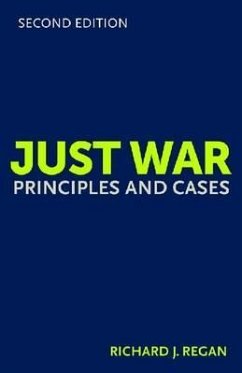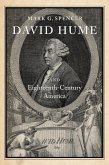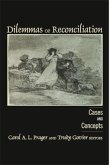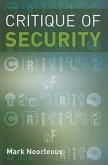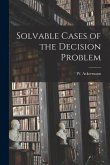Bringing just war doctrine to life, Richard J. Regan raises a host of difficult questions about the evils of war, asking first and foremost whether war is ever justified, and, if so, for what purposes? Regan considers the basic principles of just war theory and applies those principles to historical and ongoing conflicts through case studies and discussion questions. His well-received 1996 work is updated with the addition of case studies on Iraq, Afghanistan, Libya, and Islamist terrorist organizations. Especially timely are the added discussions of the use of drones to assassinate terrorist leaders and, in the matter of weapons of mass destruction, asking how certain is certain enough that a country has weapons of mass destruction before it can be justly attacked? Regan considers the roles of the president, Congress, and the U.N. Security Council in determining when long-term U.S. military involvement is justified.
Hinweis: Dieser Artikel kann nur an eine deutsche Lieferadresse ausgeliefert werden.
Hinweis: Dieser Artikel kann nur an eine deutsche Lieferadresse ausgeliefert werden.

